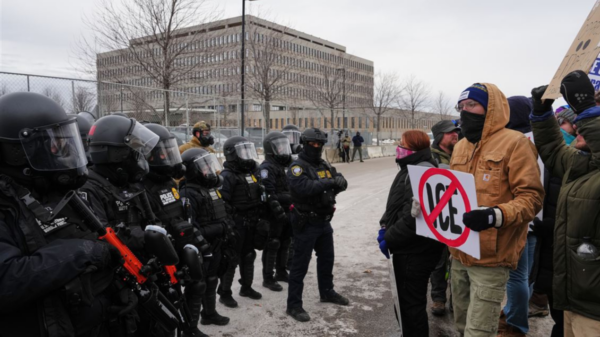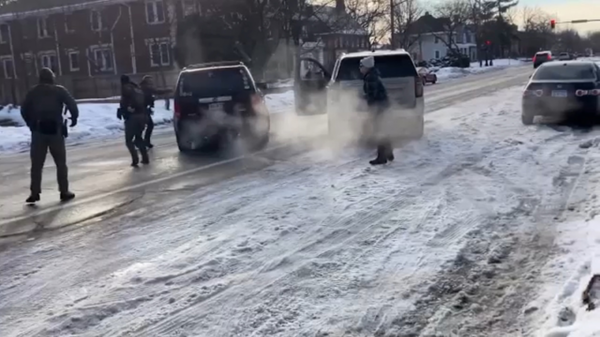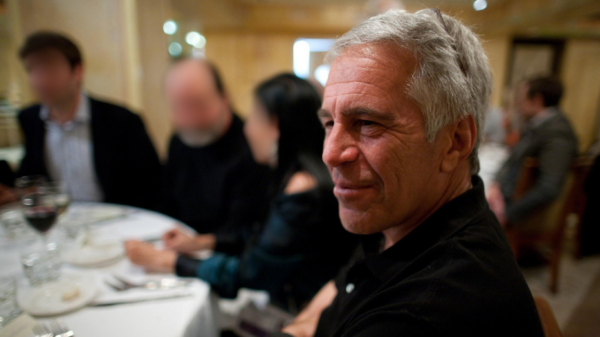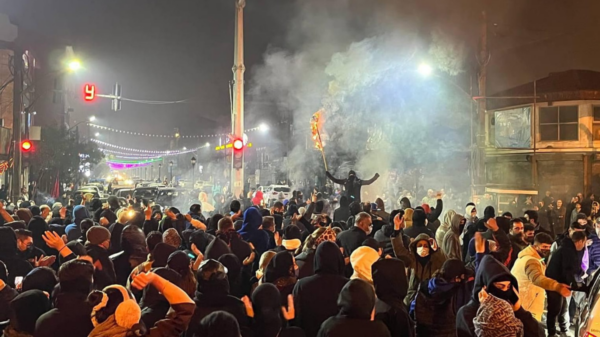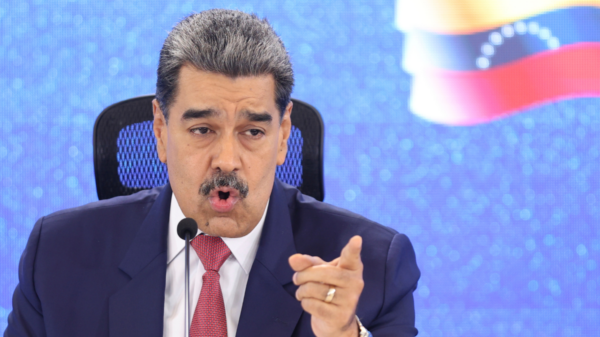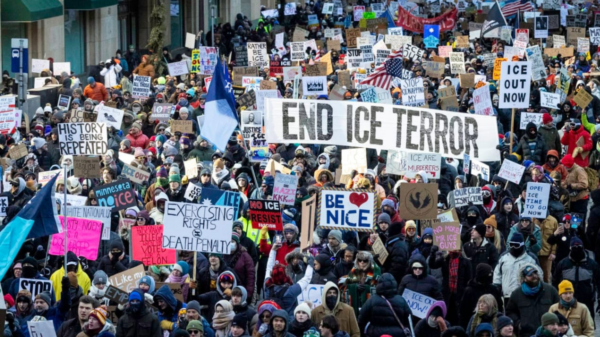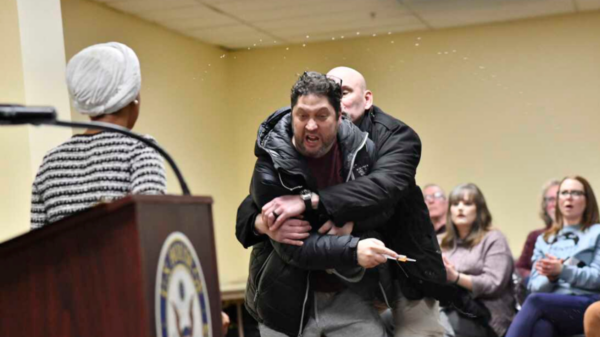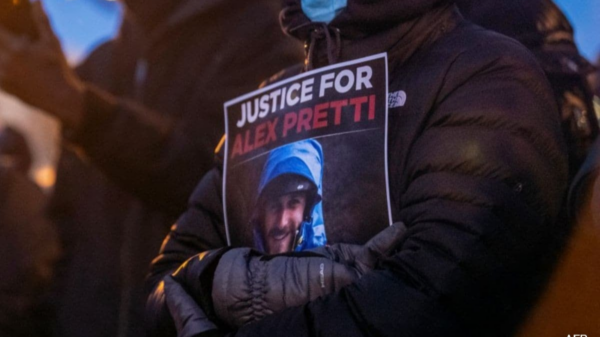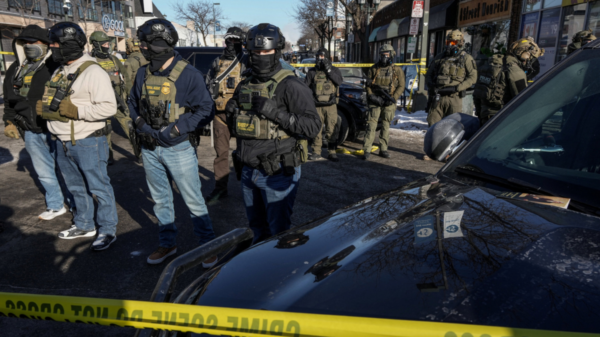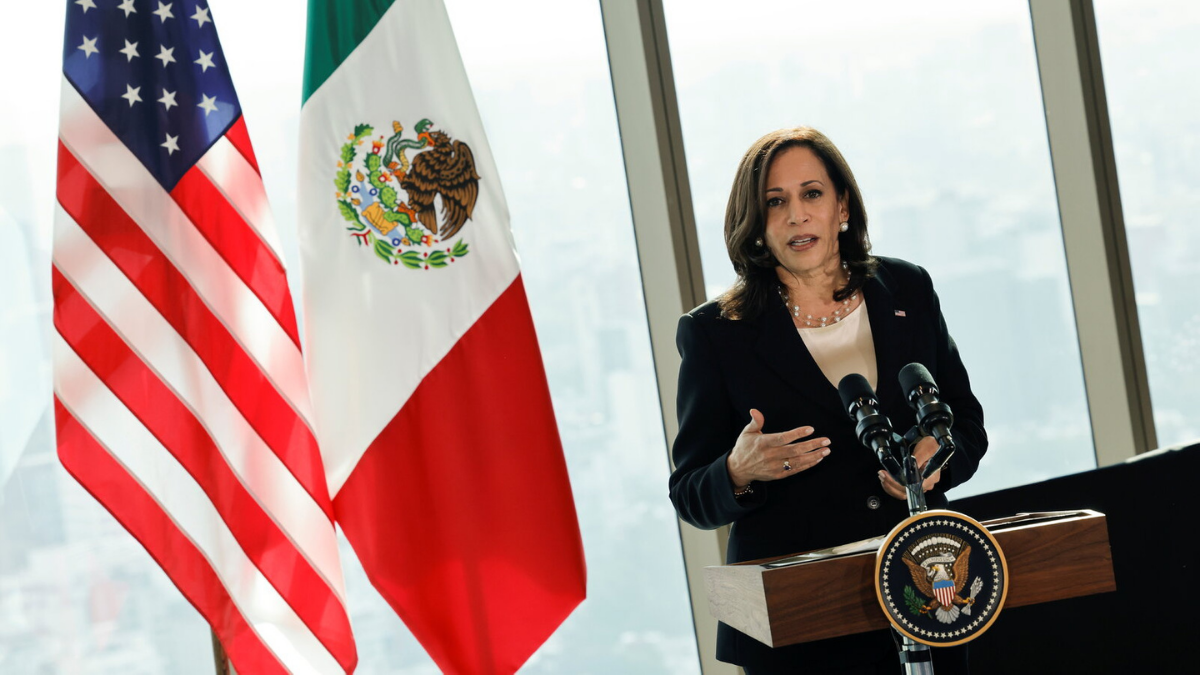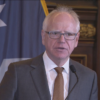WASHINGTON — Vice President Kamala Harris visit the U.S.-Mexico border on Friday for the first time since taking office, the White House confirmed on Wednesday.
Senior adviser and Harris’ chief spokesperson Symone Sanders confirmed the news in a statement and said Homeland Security Secretary Alejandro Mayorkas will join her.
“Earlier this year, the President asked the Vice President to oversee our diplomatic efforts to address the root causes of migration from El Salvador, Guatemala and Honduras. As a part of this ongoing work, the Vice President traveled to Guatemala and Mexico earlier this month and will travel to El Paso on Friday,” the statement read.
The news, which was first reported by Politico, comes after she visited Guatemala and Mexico to meet with leaders to examine the causes of immigration to the U.S. from Mexico as well as El Salvador, Guatemala and Honduras.
Harris has been tasked with addressing the root causes of immigration by President Joe Biden and faced criticism from Republicans that she should visit the southern border. While her trip abroad, she was pressed by reporters about why she has not visited the border.
Former President Donald Trump will visit the southern border next week after being invited by Texas Gov. Greg Abbott.
“Harris and Biden were given the strongest Border in American history. And now, it is by far the worst in American history. If Governor Abbott and I weren’t going there next week, she would have never gone,” Trump said in a statement.
White House press secretary Jen Psaki dismissed suggestions that the White House is sending Harris to the border for political reasons at Wednesday’s briefing.
“She has also said that when it was the right time, she would go to the border,” Psaki said.
Earlier this month, Harris did an interview with NBC News while in Guatemala, saying she cares about the border crisis.
“Listen, I care about what’s happening on the border,” Harris told Lester Holt. “I’m in Guatemala because my focus is dealing with the root causes of migration. There may be some who think that that is not important, but it is my firm belief that if we care about what’s happening at the border, we better care about the root causes and address that.”


